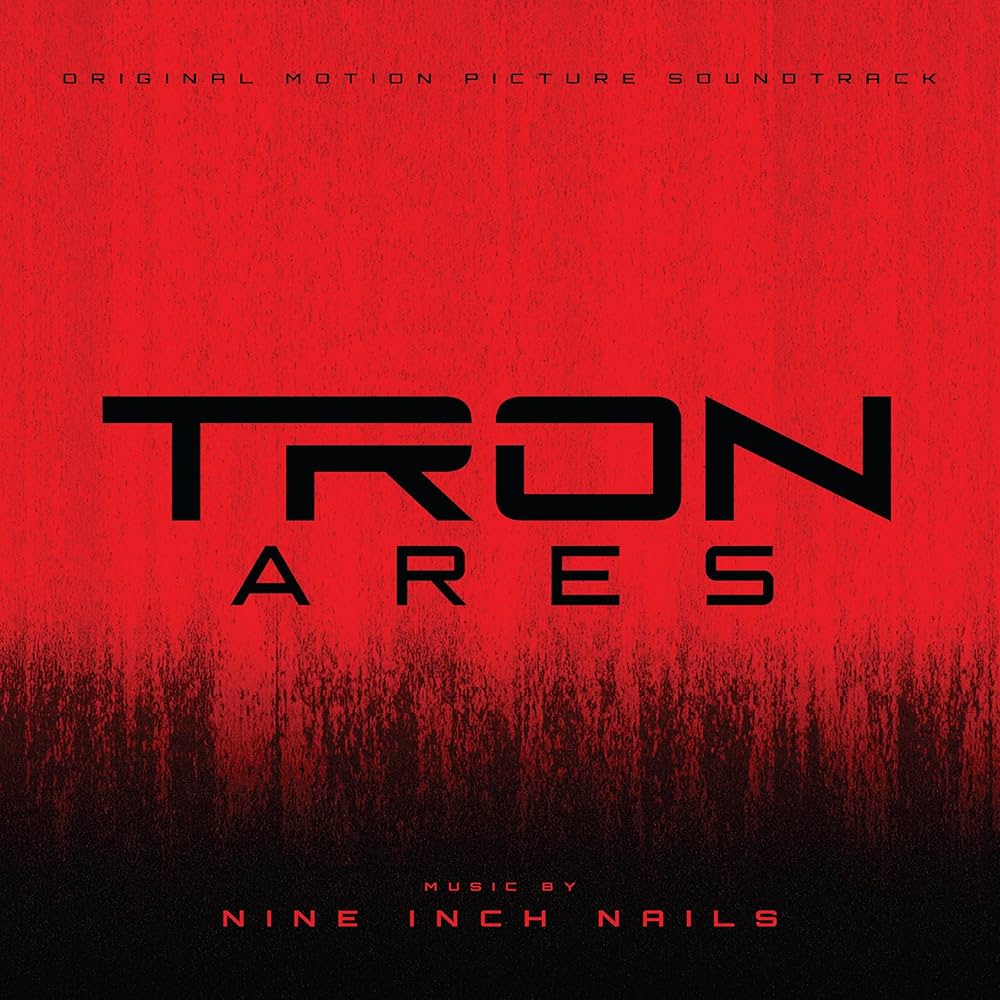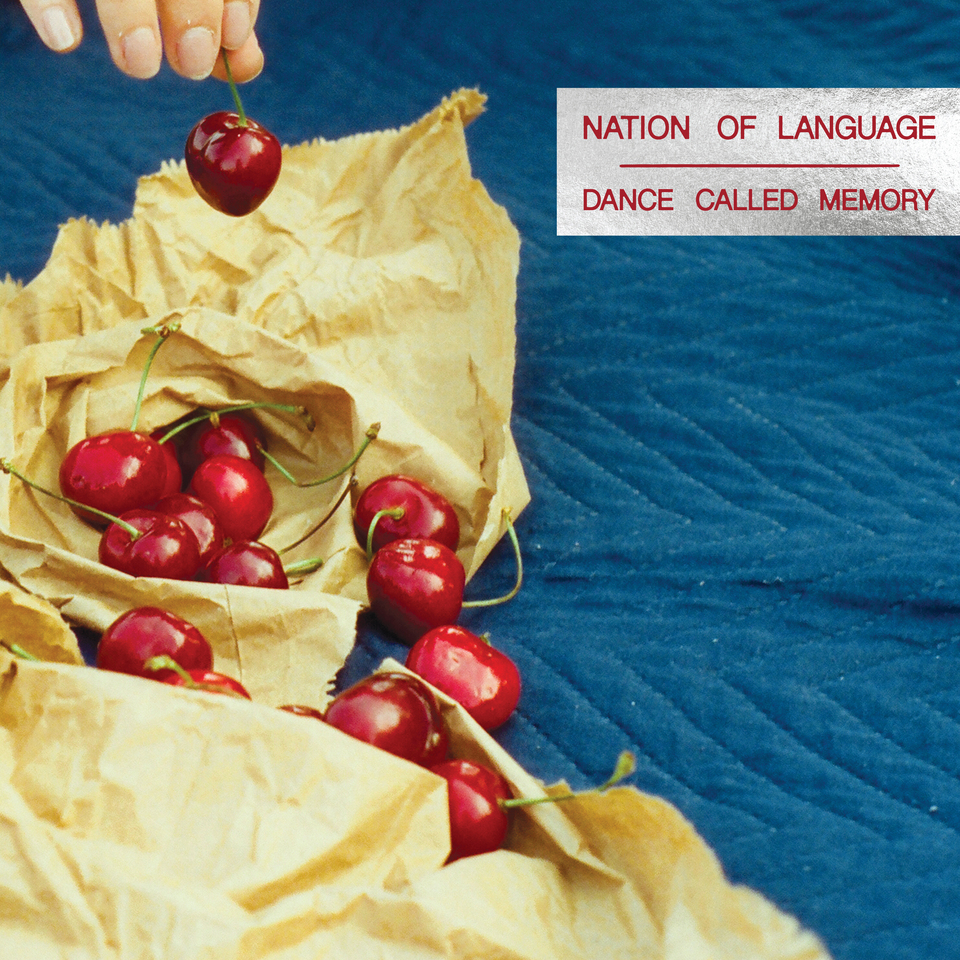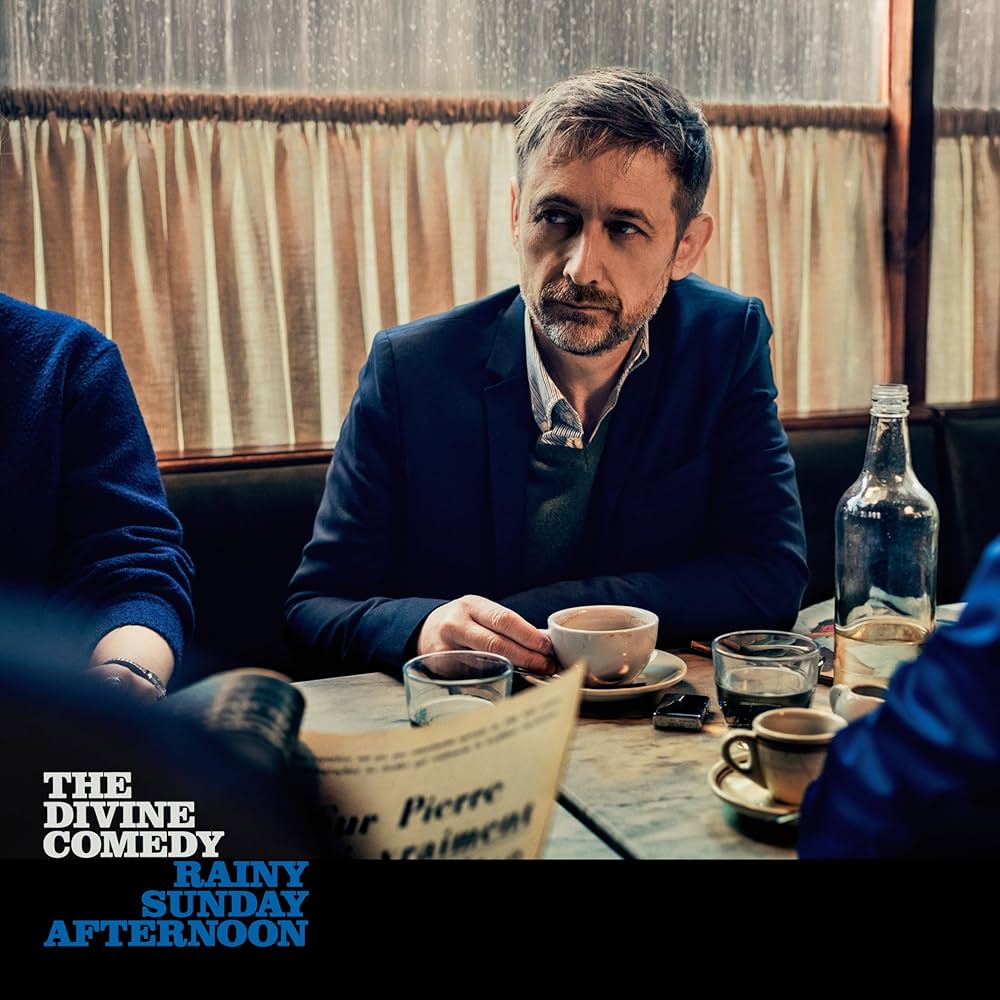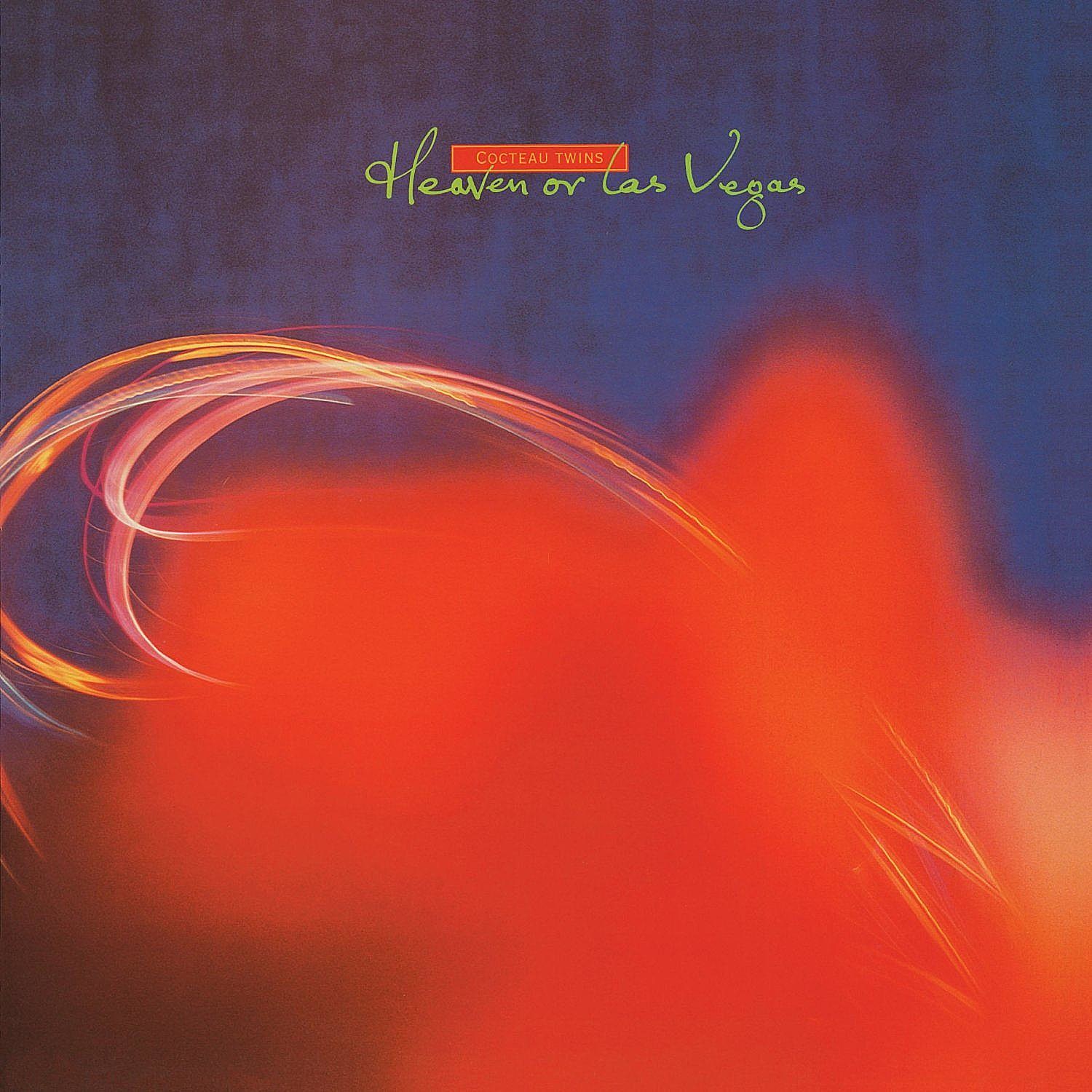Indie Basement (9/19): the week in classic indie, alternative & college rock
|
Say goodbye to summer and hello to another good week of new releases. This time I review Nine Inch Nails‘ soundtrack for Tron: Ares, plus new albums from Nation of Language, Four Tet’s Kieran Hebden & William Tyler, and The Divine Comedy.
This week’s Indie Basement Classic is an iconic dreampop album that just celebrated its 35th birthday.
Over in Notable Releases, Andrew reviews the highly anticipated album from Wednesday, plus new ones from Cardi B, Deaf Club, Joan Shelley, and more.
This week on the [BrooklynVegan Interviews podcast](https://www.brooklynvegan.com/baxter-dury-talks-going-dance-on-new-lp-allbarone-wor…
Indie Basement (9/19): the week in classic indie, alternative & college rock
|
Say goodbye to summer and hello to another good week of new releases. This time I review Nine Inch Nails‘ soundtrack for Tron: Ares, plus new albums from Nation of Language, Four Tet’s Kieran Hebden & William Tyler, and The Divine Comedy.
This week’s Indie Basement Classic is an iconic dreampop album that just celebrated its 35th birthday.
Over in Notable Releases, Andrew reviews the highly anticipated album from Wednesday, plus new ones from Cardi B, Deaf Club, Joan Shelley, and more.
This week on the BrooklynVegan Interviews podcast I talked to last week’s Album of the Week recipient, Baxter Dury.
Head below for this week’s reviews.

Nine Inch Nails – Tron: Ares (The Null Corporation / Interscope) NIN jack into the mainframe for a terrific score — with an EP’s worth of new songs — that satisfies on its own
This pairing felt destined to happen. The original 1982 Tron featured a score by synth pioneer Wendy Carlos, while 2010’s Tron: Legacy had music by Daft Punk. Trent Reznor & Atticus Ross, meanwhile, have made some of the best, most memorable film scores of the last 15 years (last year’s Challengers made my Best Albums of 2024 list), and their talents seemed fated to join the Tron cinematic universe.
Tron: Ares, though, isn’t credited just to Trent and Atticus — it’s credited to Nine Inch Nails, a first. That was apparently director Joachim Rønning’s suggestion when he pitched the project to them. “How it’s manifested itself is it set up a different set of rules,” Reznor told Empire. “When we started working on it, occasionally we’d say, ‘Well, this is a Nine Inch Nails score.’ It added a different kind of feel to the way we approached it.”
I’m not sure you can always tell the difference, though. The sleek, dark, throbbing electronic score — full of sound design elements and their signature use of the Swarmatron synth — sits in the same sonic universe as Challengers or HBO’s Watchmen. Which is to say: awesome. The distinction here is that there are actual Nine Inch Nails songs among the instrumentals. Really good ones. There are four in total: lead single “Alive As You Need Me To Be” is a classic NIN banger that’s already been slaying on their current tour (part of the Boys Noize collab set). The other three bring the tempo down — “I Know You Can Feel It” and “Shadow Over Me” are brooding, cinematic struts, while “Who Wants to Live Forever?” (not a Queen cover, though I wouldn’t put it past them) is an original duet with Spanish singer Judeline that starts off fragile and ends with teeth.
Like Challengers, the Tron: Ares score is extremely listenable and stands completely on its own. (Not something you can say about Tron: Legacy.) Which is good — I haven’t seen the film yet, but if it’s anywhere near as strong as this album, we’re in for a treat.
—

Nation of Language – Dance Called Memory (Sub Pop) Nation of Language trade dancefloors for dreamscapes on their fourth album
For a band generally described as “synthpop,” an album with “dance” in the title and made with LCD Soundsystem/Holy Ghost!’s Nick Millhiser in the producer’s chair, Nation of Language’s fourth album is not what you’d expect. “Danceable” would not be the first word I’d use to describe it—or the second, third, or even fourth. But if you take the title as a whole, Dance Called Memory begins to make sense.
Minimal and floating in a galaxy of iridescent atmosphere, these songs play like beautiful half-remembered dreams. That’s not to say they’ve gone full Music for Airports—though the band has said Brian Eno’s human approach to electronics was a big influence here—but this is the first Nation of Language album where guitar may actually be the most prominent instrument.
Ian Devaney’s melodic style and soaring voice ensure you never forget who you’re listening to, but with its shimmering effects, Dance Called Memory feels closer to Cocteau Twins or My Bloody Valentine than Kraftwerk. Nation of Language are expanding the definition of their sound with every record, and that’s a very good thing.
—

Kieran Hebden & William Tyler – 41 Longfield Street Late ’80s (Temporary Residence Ltd) Four Tet and William Tyler bridge country roots and cosmic electronics on this gorgeous album
Kieran Hebden, aka Four Tet, and experimental guitarist William Tyler first met at Bonnaroo in 2013, but the seeds of this record were planted a decade later, during the pandemic, with a collaborative 2023 single. From there they decided to make a full album. “We discussed references for an album and Godspeed You! Black Emperor, Fennesz, and AM oldies radio stations came up,” Hebden says. “But the main influence was found when we discovered a shared deep connection to ’80s American country and folk music—artists like Lyle Lovett, Nanci Griffith, and Joe Ely.”
Tyler laid down guitar tracks, which Hebden then deconstructed, rearranged, and sprinkled his signature pixie dust on, sending them into outer space. They worked on the album for more than two years. This is not a dance record in any way—note it’s Kieran Hebden, not Four Tet—but his atmospheric style informs every second of 41 Longfield Street Late ’80s, making it a perfect post-rave comedown record.
It opens with its most guitar-forward track, a 10-minute instrumental cover of Lyle Lovett’s classic 1988 single “If I Had a Boat,” which begins with delicately picked acoustic guitar before the arpeggiations fragment and glide off into the ether. Other songs, like “Spider Ballad,” contain no recognizable guitar sounds at all (though this one could easily be turned into a Four Tet banger), while “I Want an Antenna” is pure ambient shoegaze bliss. The short “Loretta Guides My Hands Through the Radio” doesn’t quite live up to its amazing title but melts seamlessly into the magnificent “Secret City,” which closes the album with eight minutes of spectral, airy beauty that leaves you hoping this won’t be the only collaboration between these two.
—

The Divine Comedy – Rainy Sunday Afternoon (Divine Comedy Records) Neil Hannon leans into melancholy on his 13th Divine Comedy album
Neil Hannon has been making erudite baroque pop as The Divine Comedy since the early ’90s, with a sound that falls somewhere between Burt Bacharach and Scott Walker. He’s flirted with mainstream success, though mostly via film and TV: “Songs of Love” from Casanova became the theme to beloved British sitcom Father Ted, and more recently his playful, theatrical side was showcased in the score and songs for hit film Wonka. Those gigs likely allow him the freedom to make an album like Rainy Sunday Afternoon, a lushly orchestrated record made at Abbey Road Studios.
This is his darkest album since 1998’s Fin de Siècle. He’s not quite wallowing the way he did then, but melancholy runs through this his 13th Divine Comedy album. Themes of aging and death surface in “The Last Time I Saw the Old Man,” “The Heart is a Lonely Hunter,” and “The Man Who Turned into a Chair,” while “Down the Rabbit Hole” captures the endless spiral of doomscrolling. Hannon’s wit keeps things afloat, though: “Mar a Lago By the Sea” imagines an imprisoned old man wistfully dreaming of his former palatial home (you can probably guess who it’s about). Elsewhere, “All the Pretty Lights” feels tailor-made for your holiday playlist. Rainy Sunday Afternoon also knows its season, arriving at the start of autumn with winter very much on its mind.
—

Cocteau Twins – Heaven or Las Vegas (4AD, 1990) The dreampop icons 1990 still sounds perfect 35 years on
The Cocteau Twins’ Heaven or Las Vegas, one of my all-time favorite albums, turned 35 this week so it seems like a good time to induct it into the Indie Basement Classics club. Here’s my review from the Best Albums of 1990 list:
A perfect album that has only gotten better with age, Heaven or Las Vegas is Cocteau Twins’ and 1990’s finest moment, a shimmering jewel that pairs Elizabeth Fraser’s otherworldly vocals with some of Robin Guthrie’s most transportive melodies and guitarwork. (Simon Raymonde’s piano here is also quite lovely.) Amazingly, a record this beautiful was made under extreme, often fraught emotional conditions: Fraser and Guthrie had just had their first child, Lucy Belle, but Guthrie’s cocaine addiction was at an all time high as was his paranoia. Yet Heaven or Las Vegas transcended all hurdles. (“[The album] was made despite the drugs,” Guthrie said in Facing the Other Way: The Story of 4AD.) It’s pop music, but as only Cocteau Twins could make. You can even understand a little of what Fraser is singing, which brings her an inch closer to earth but still well out of reach of us mere mortals. Pure bliss.
You can pick up Heaven or Las Vegas on vinyl in the BrooklynVegan shop.
You can also read Cocteau Twins’ Simon Raymonde’s recollections about the album, and our feature on Cocteau Twins enduring influence, with contributions from Slowdive’s Rachel Goswell, Lush’s Miki Berenyi, Ride’s Andy Bell and more.
Looking for more? Browse the Indie Basement archives.
And check out what’s new in our shop.
The 20 Best Britpop Albums of 1995



















